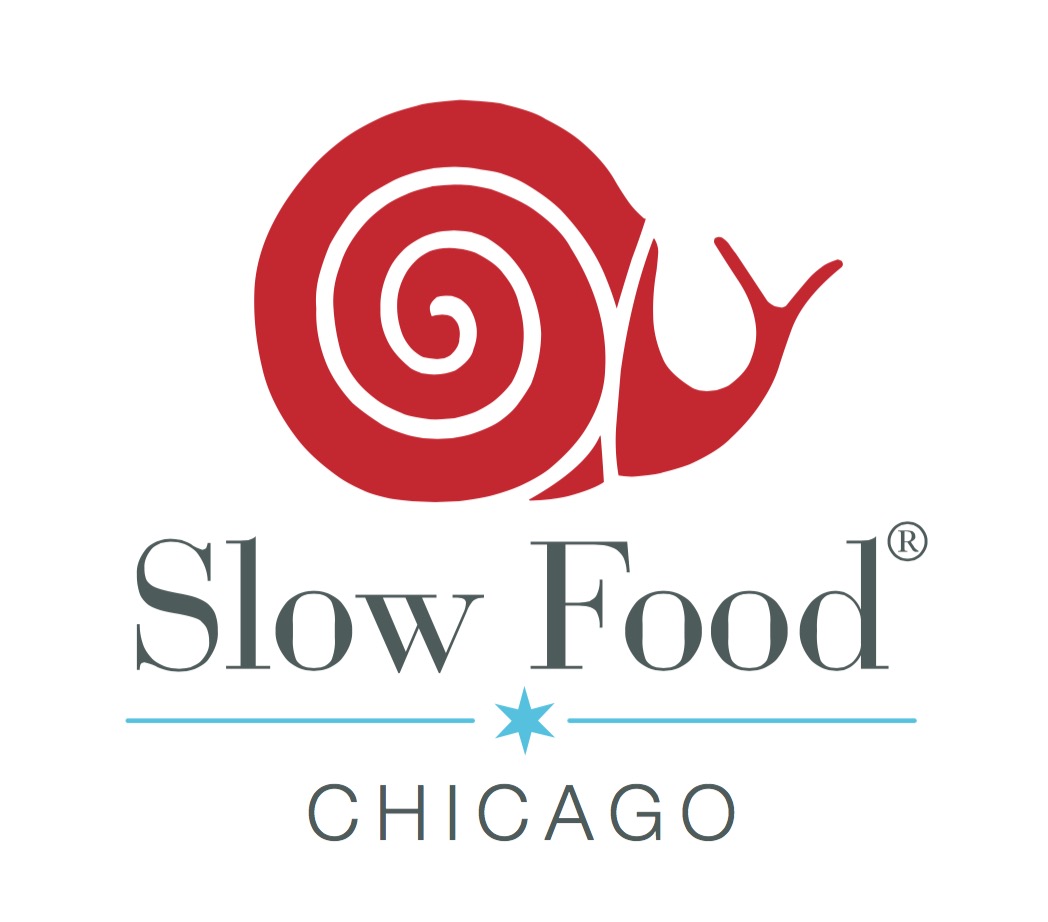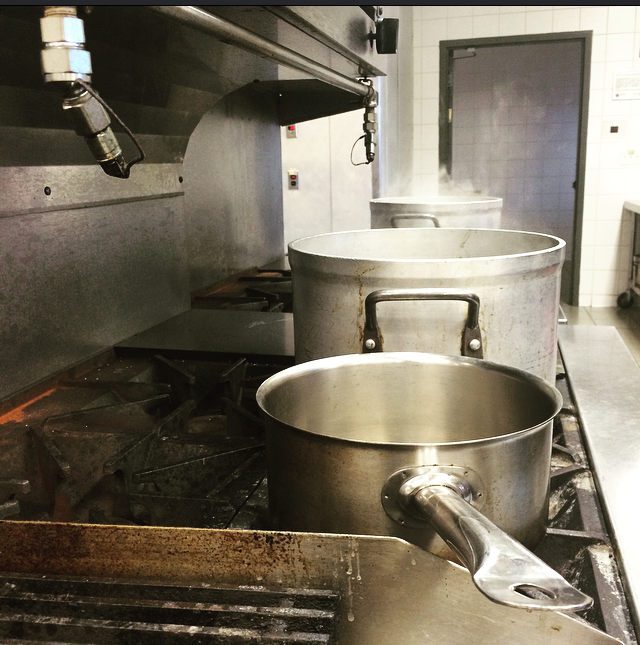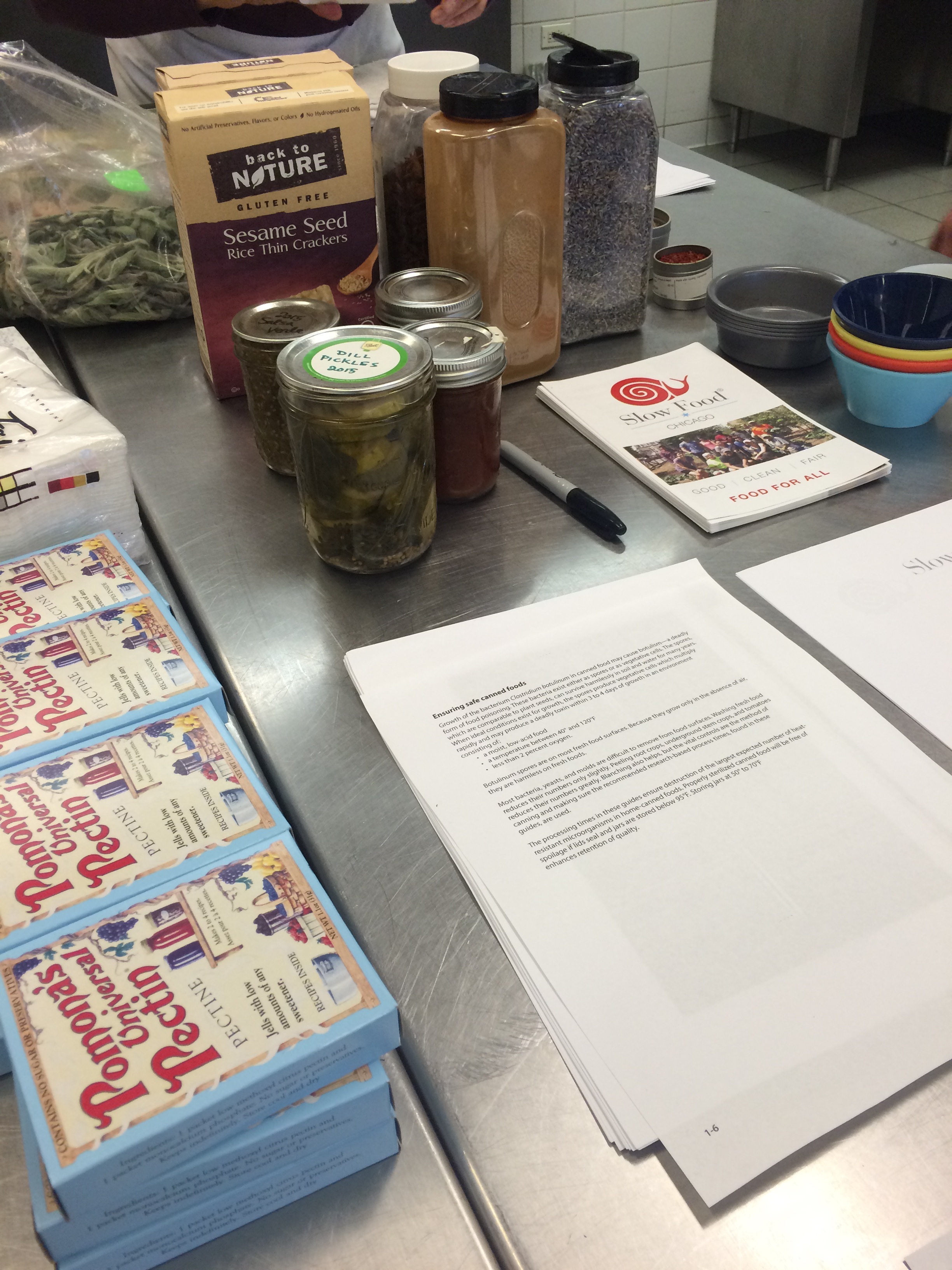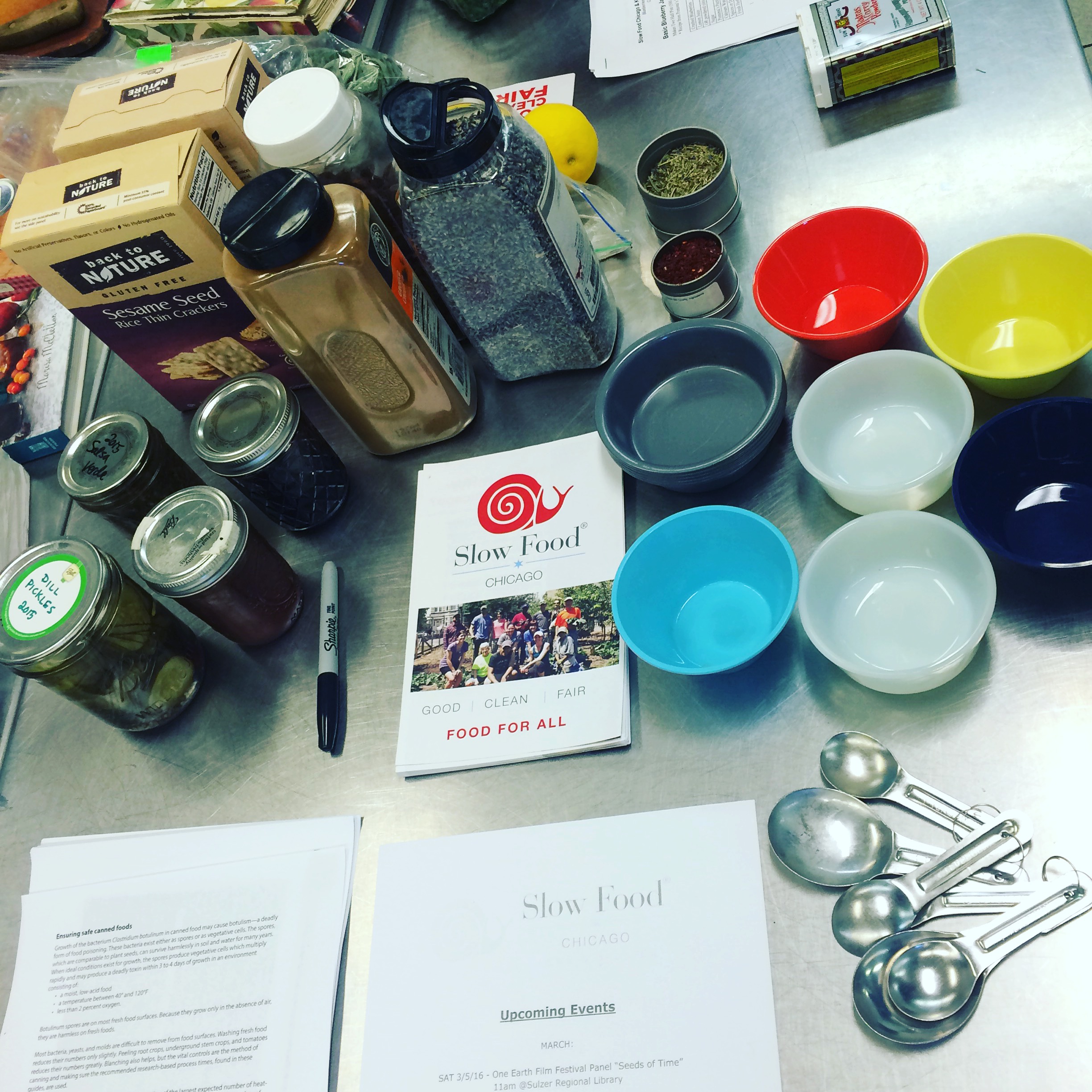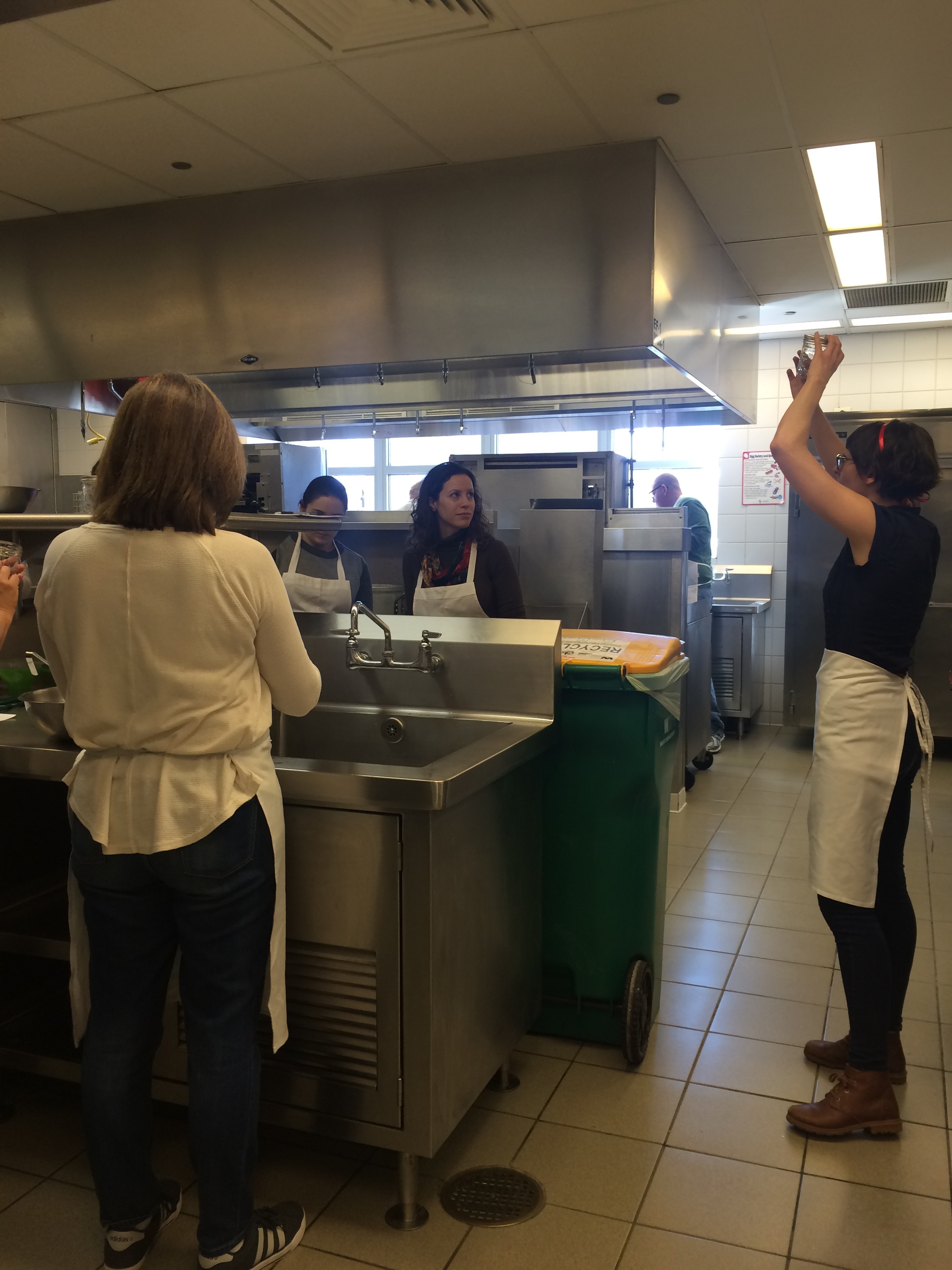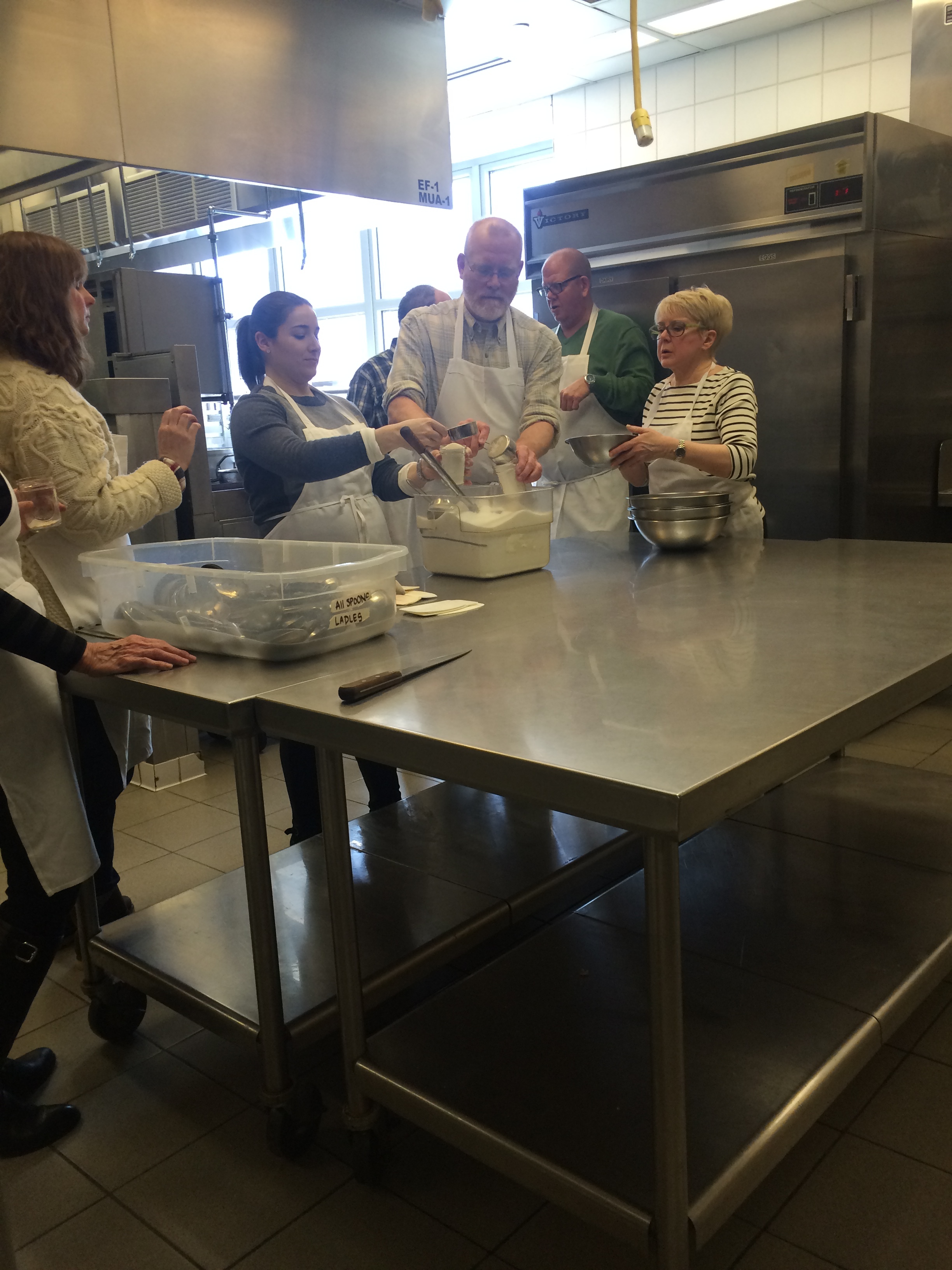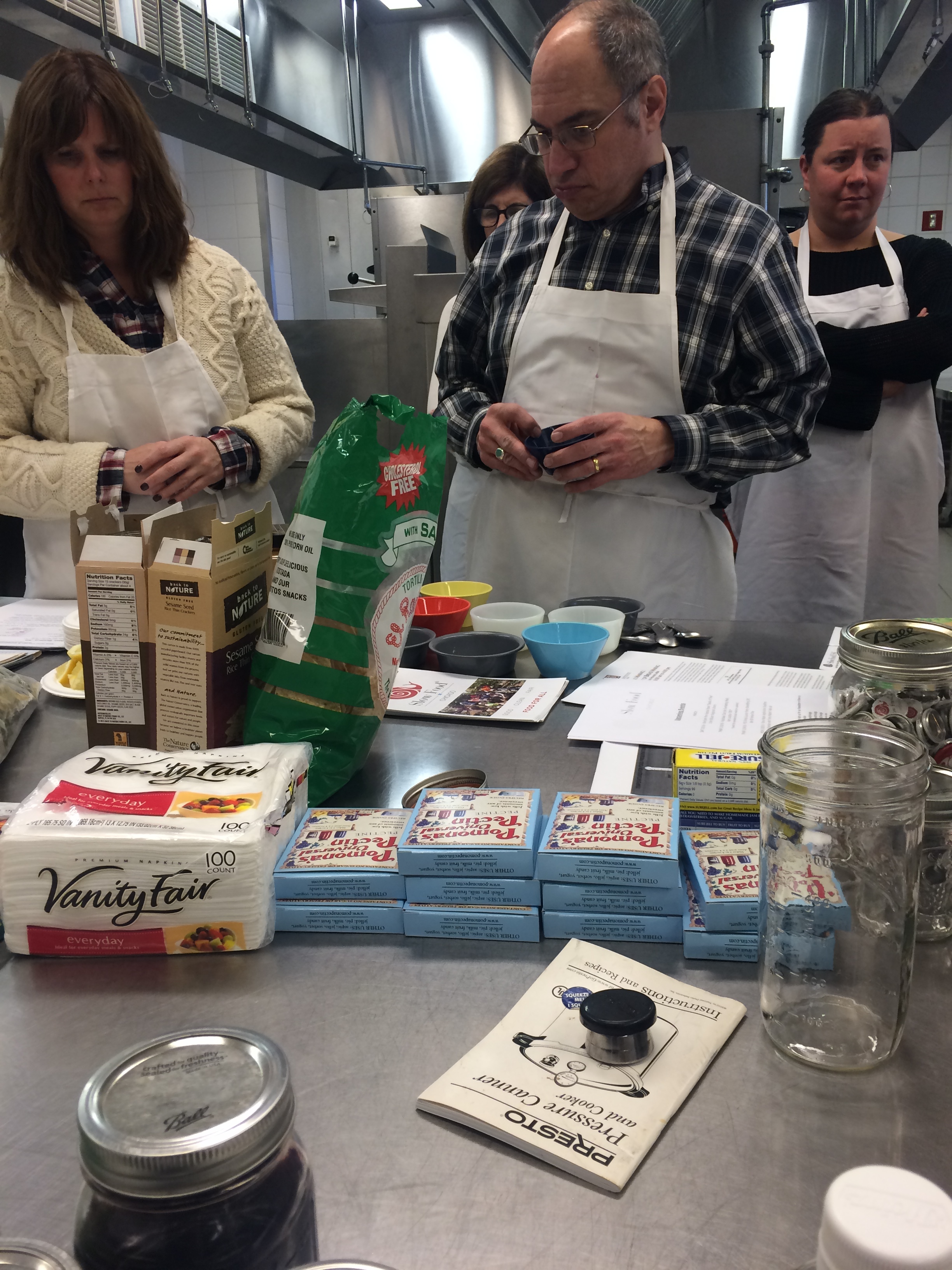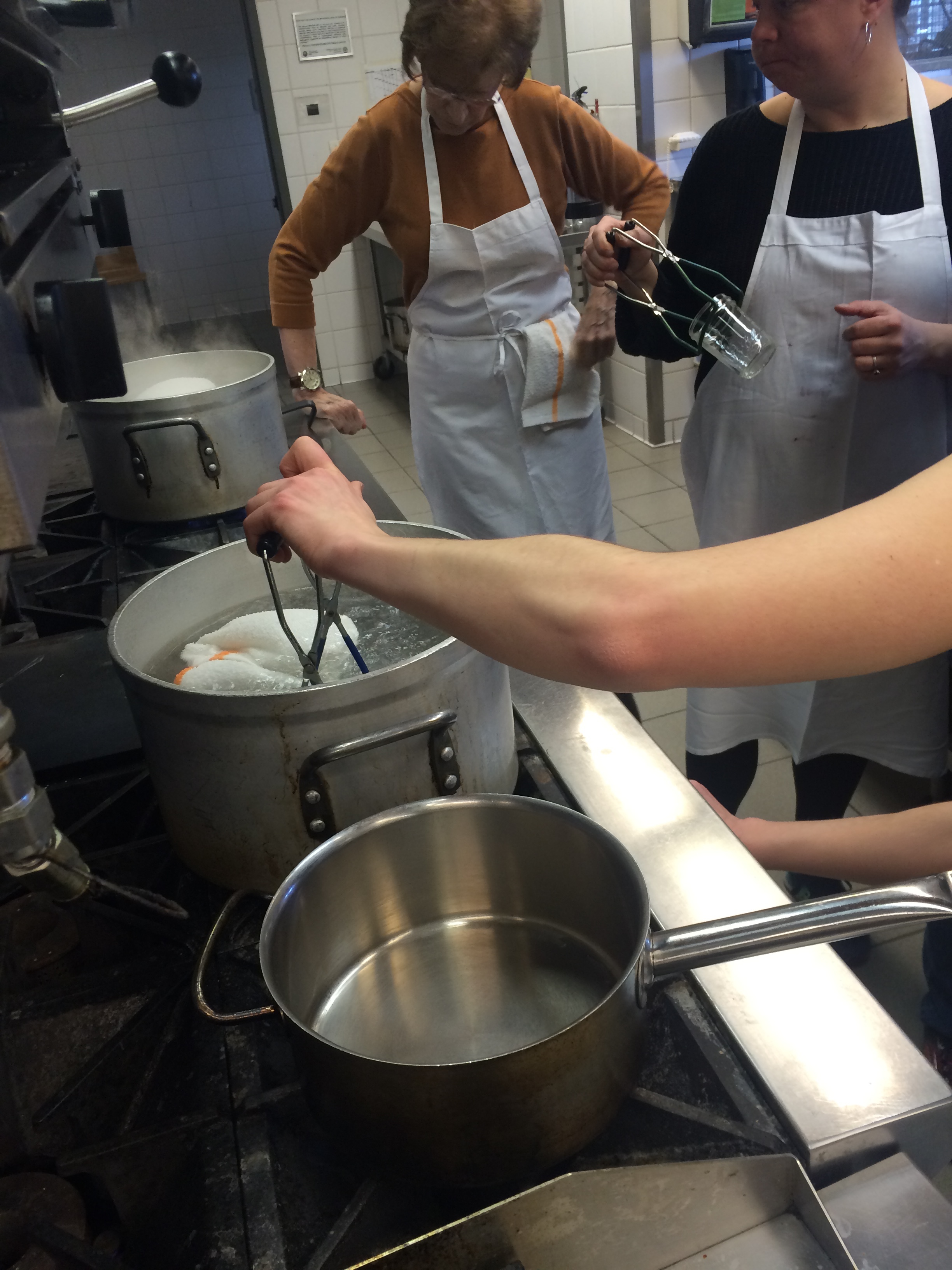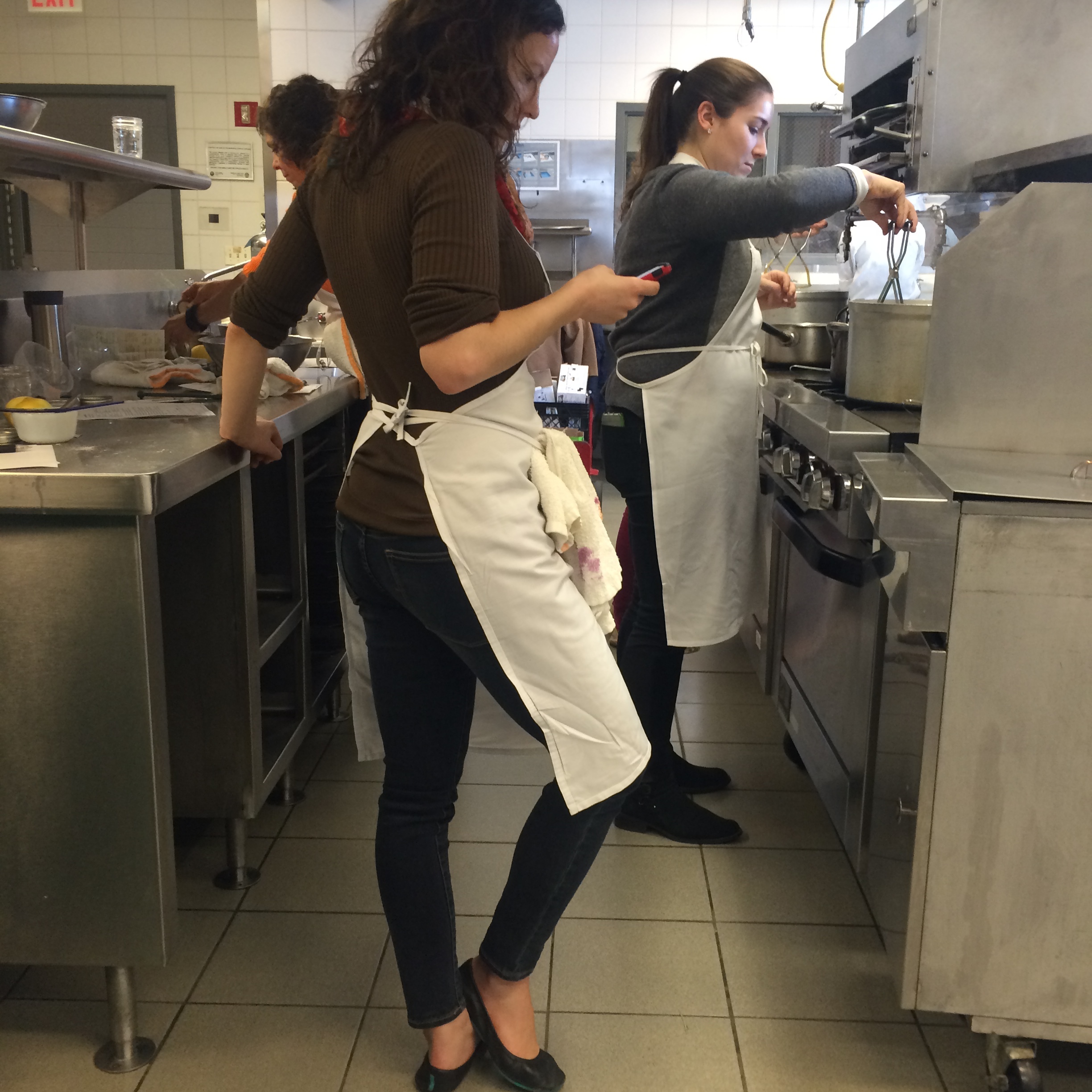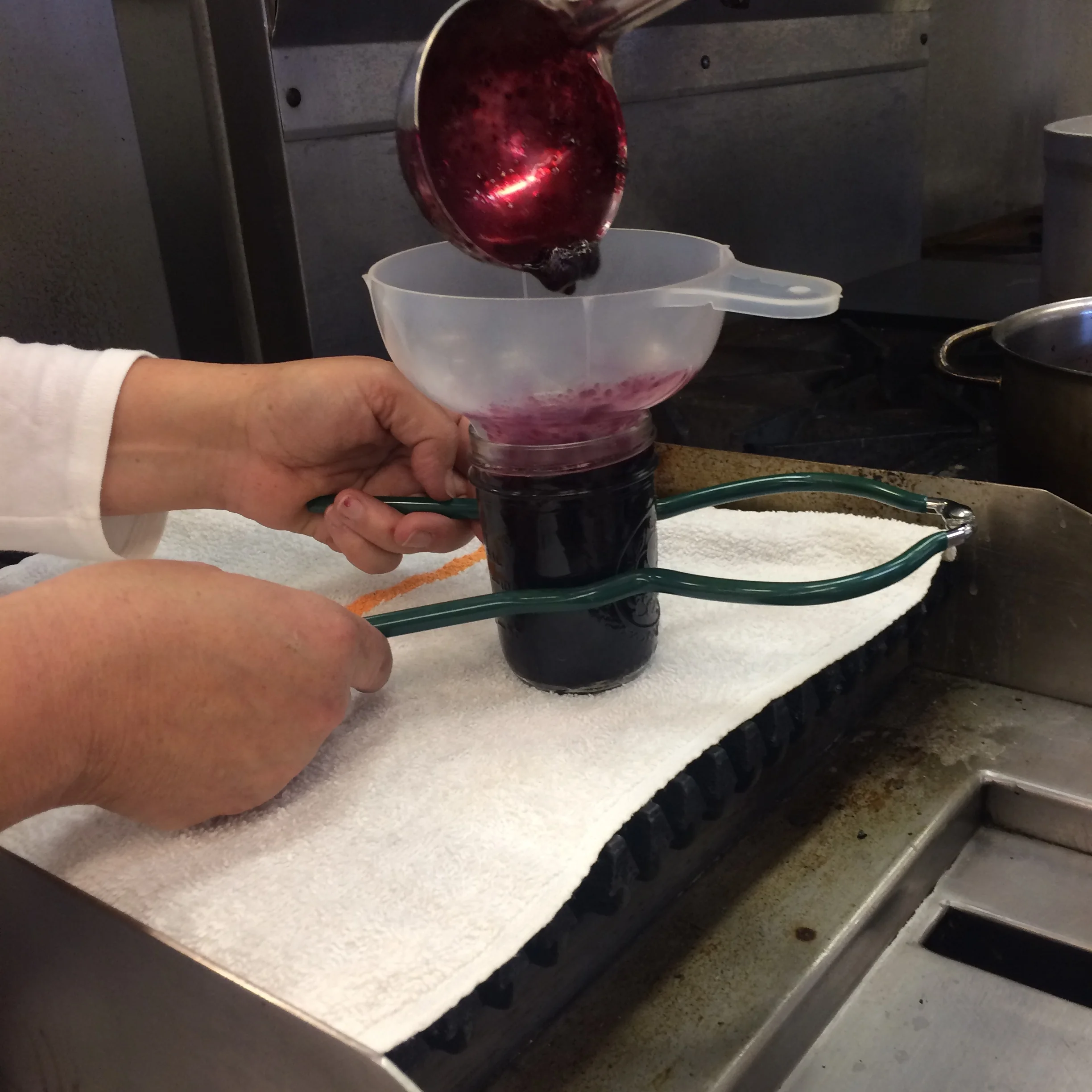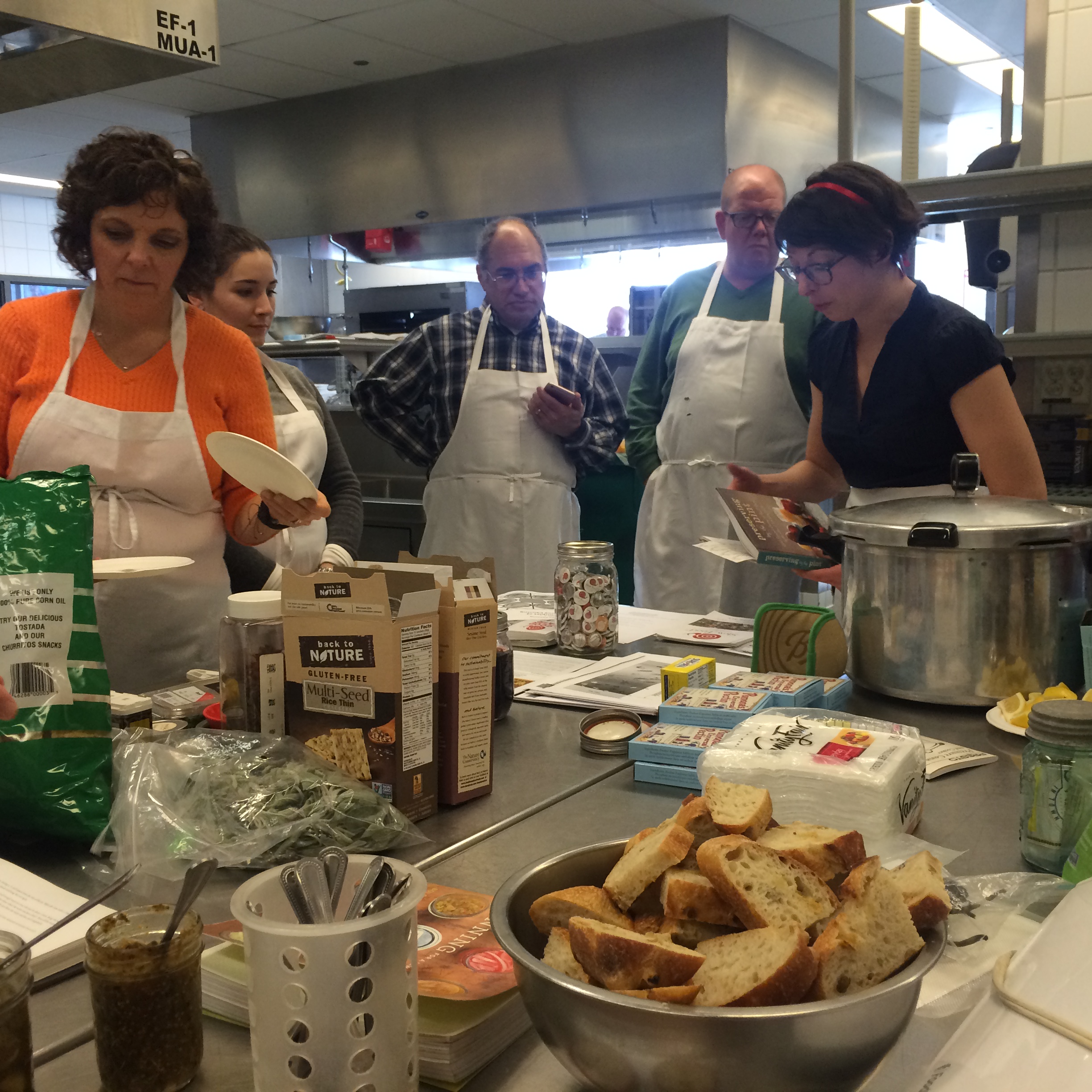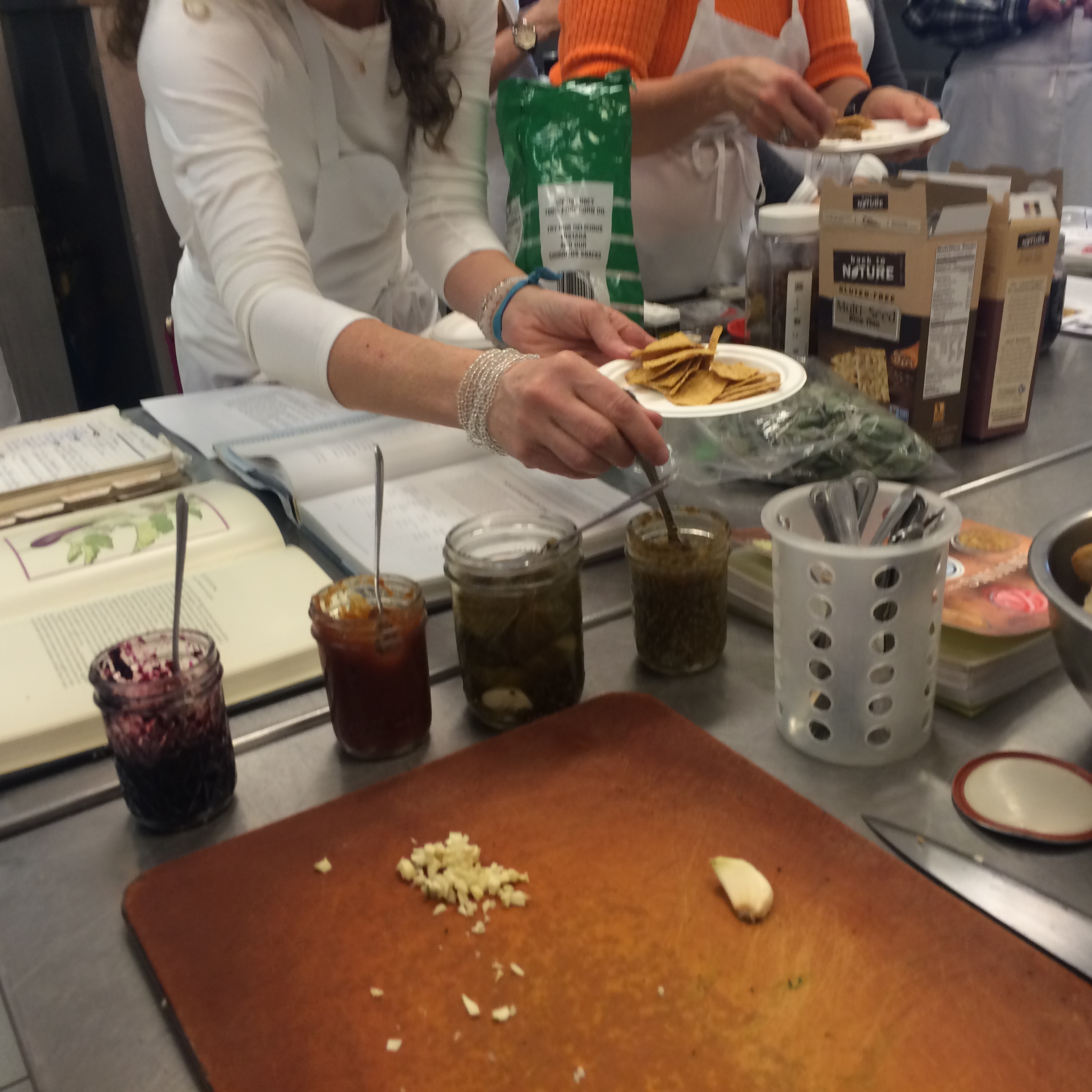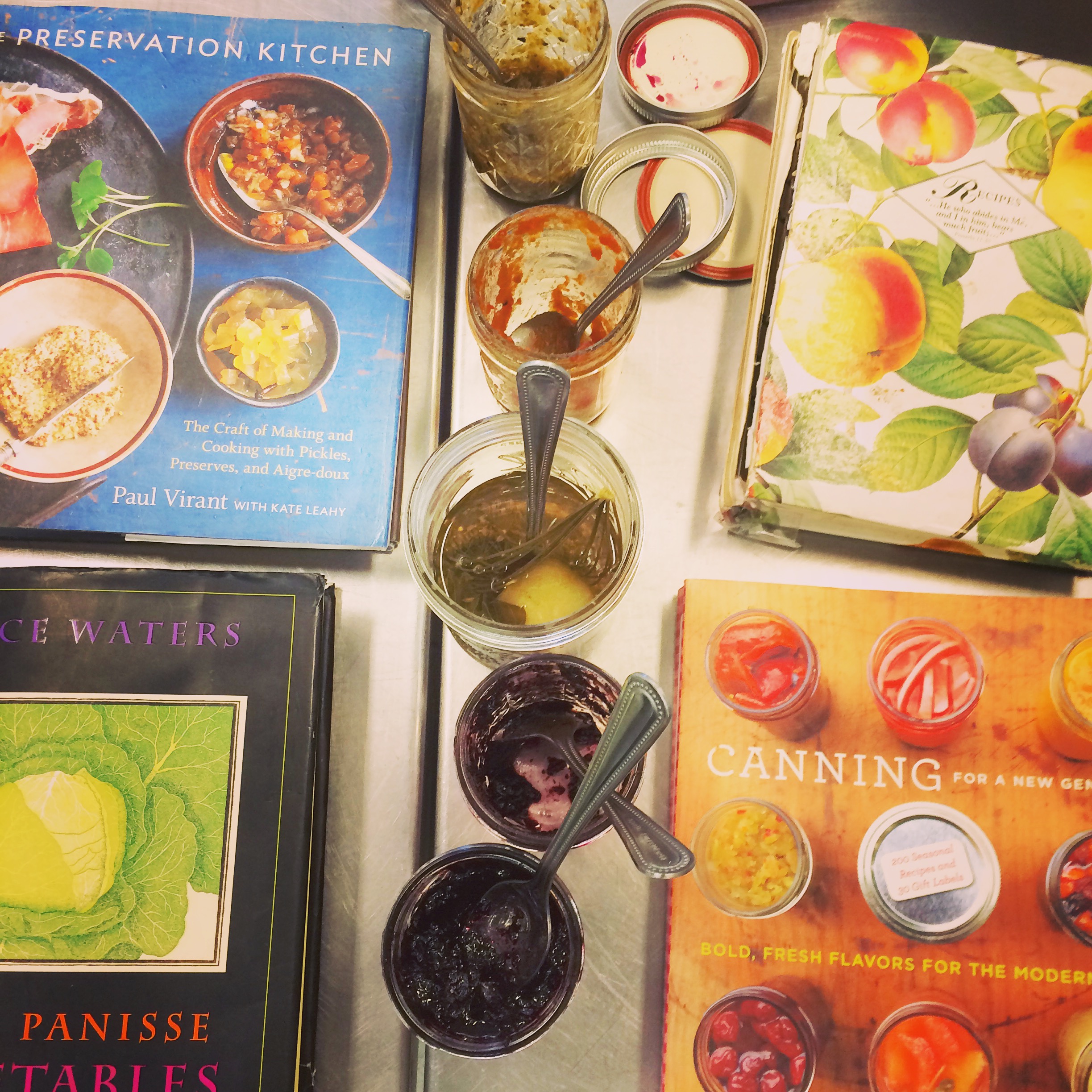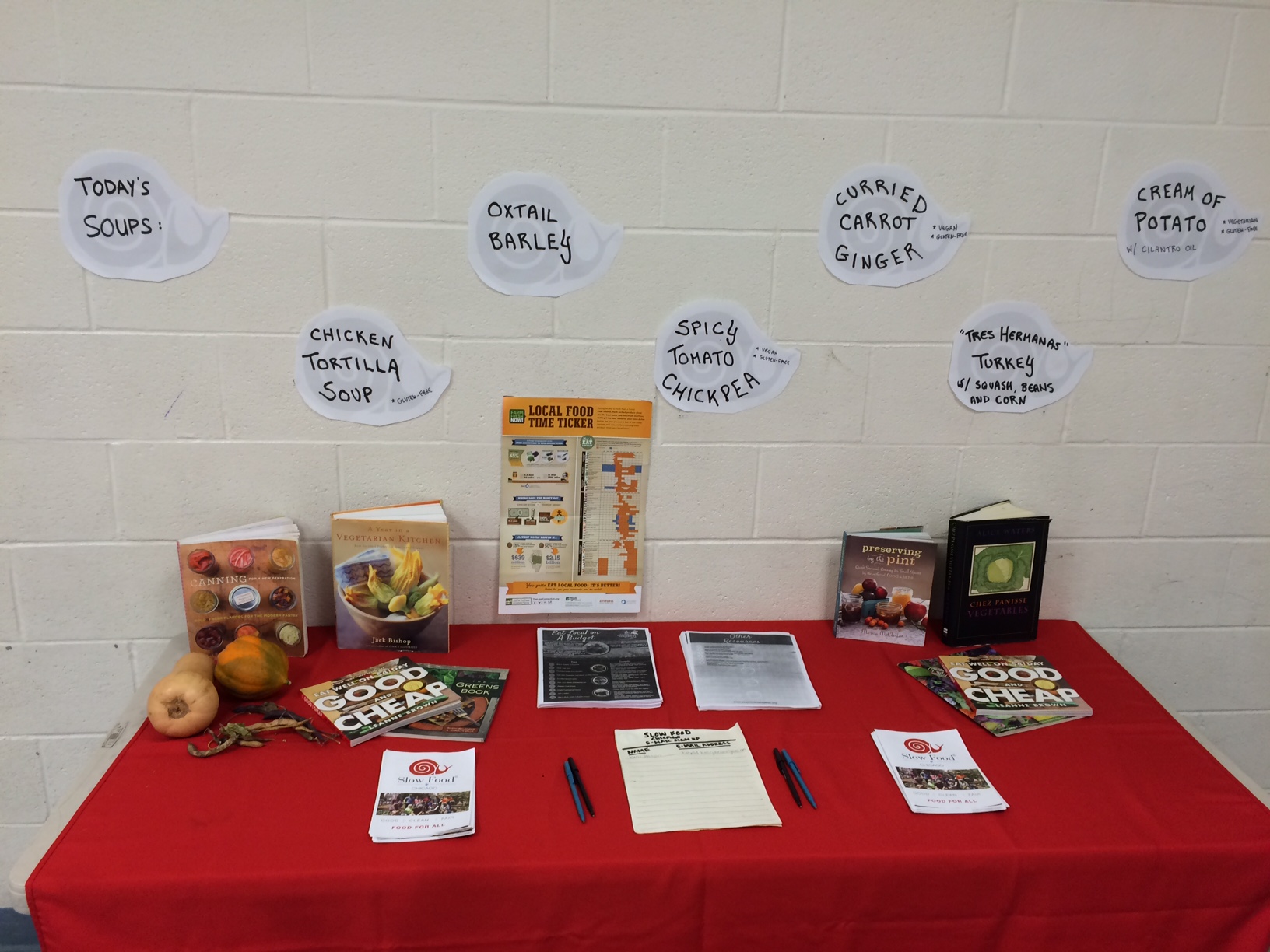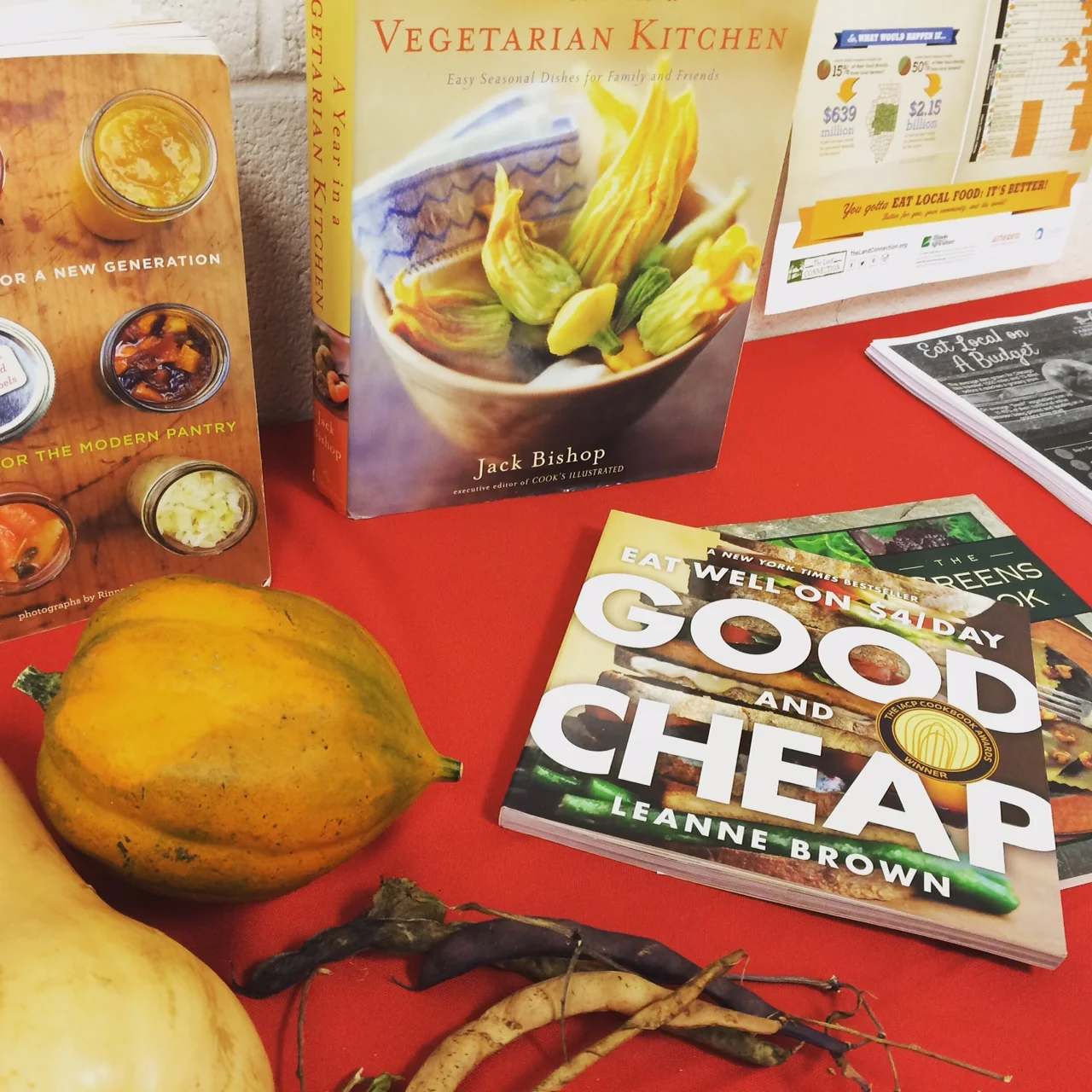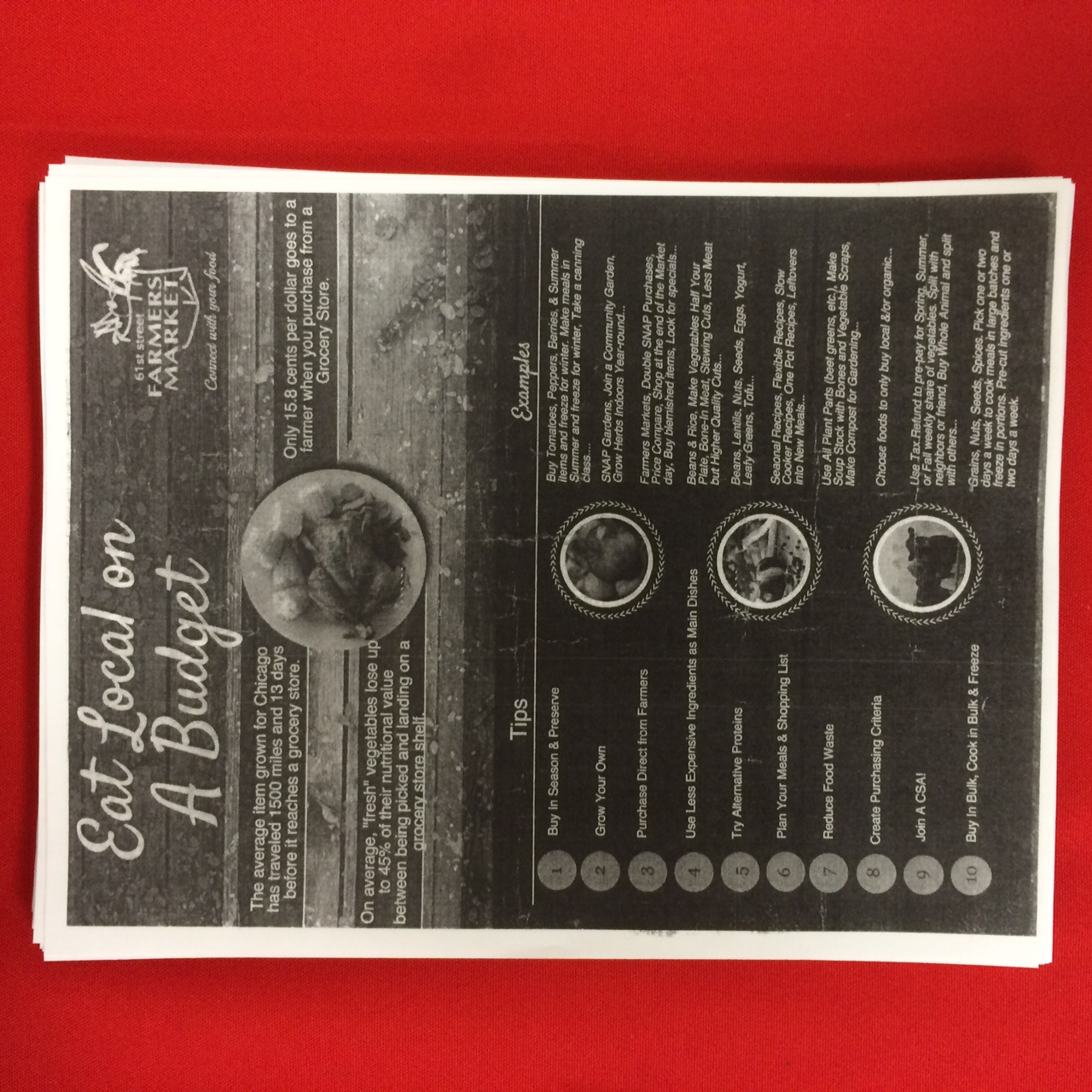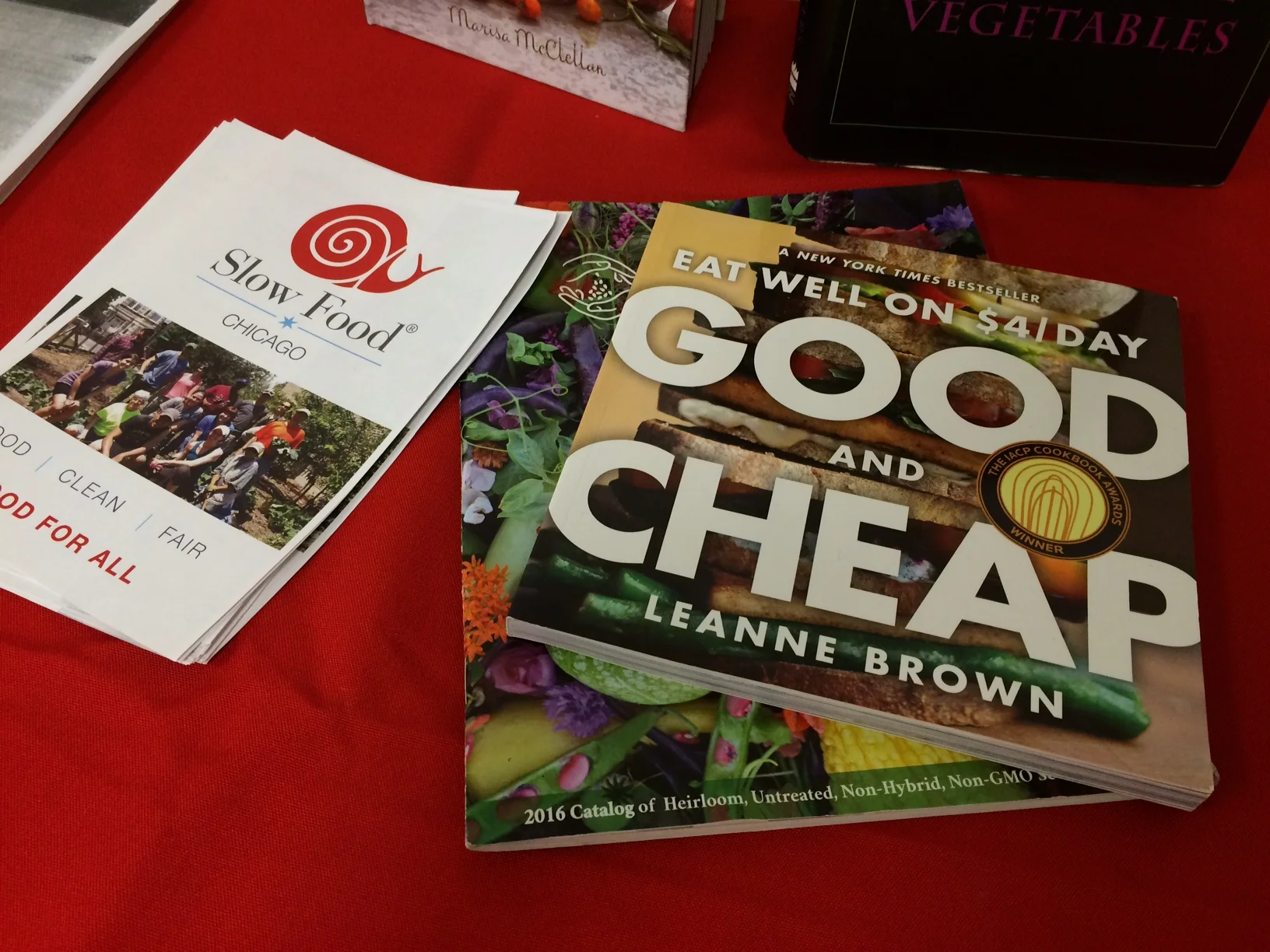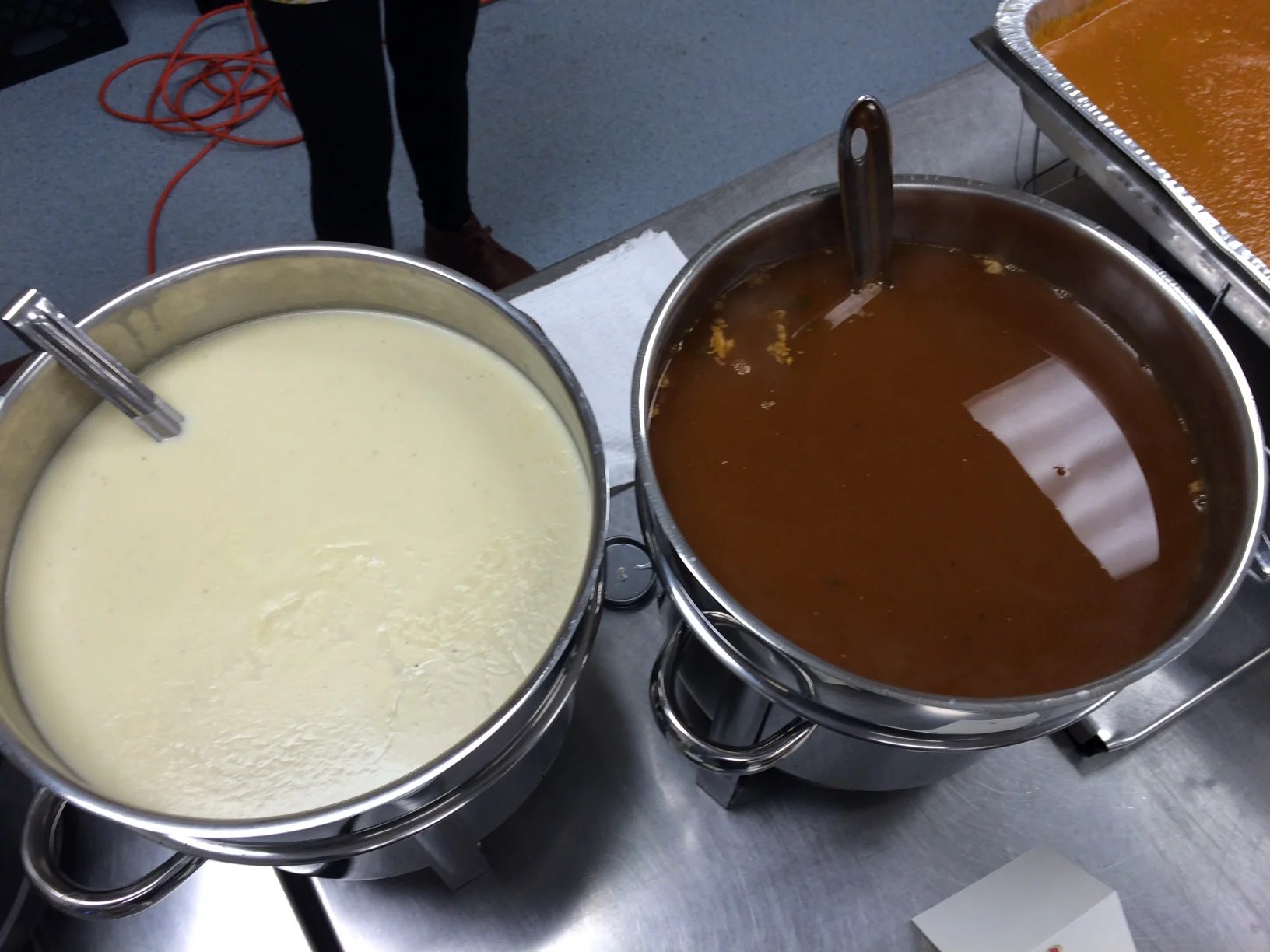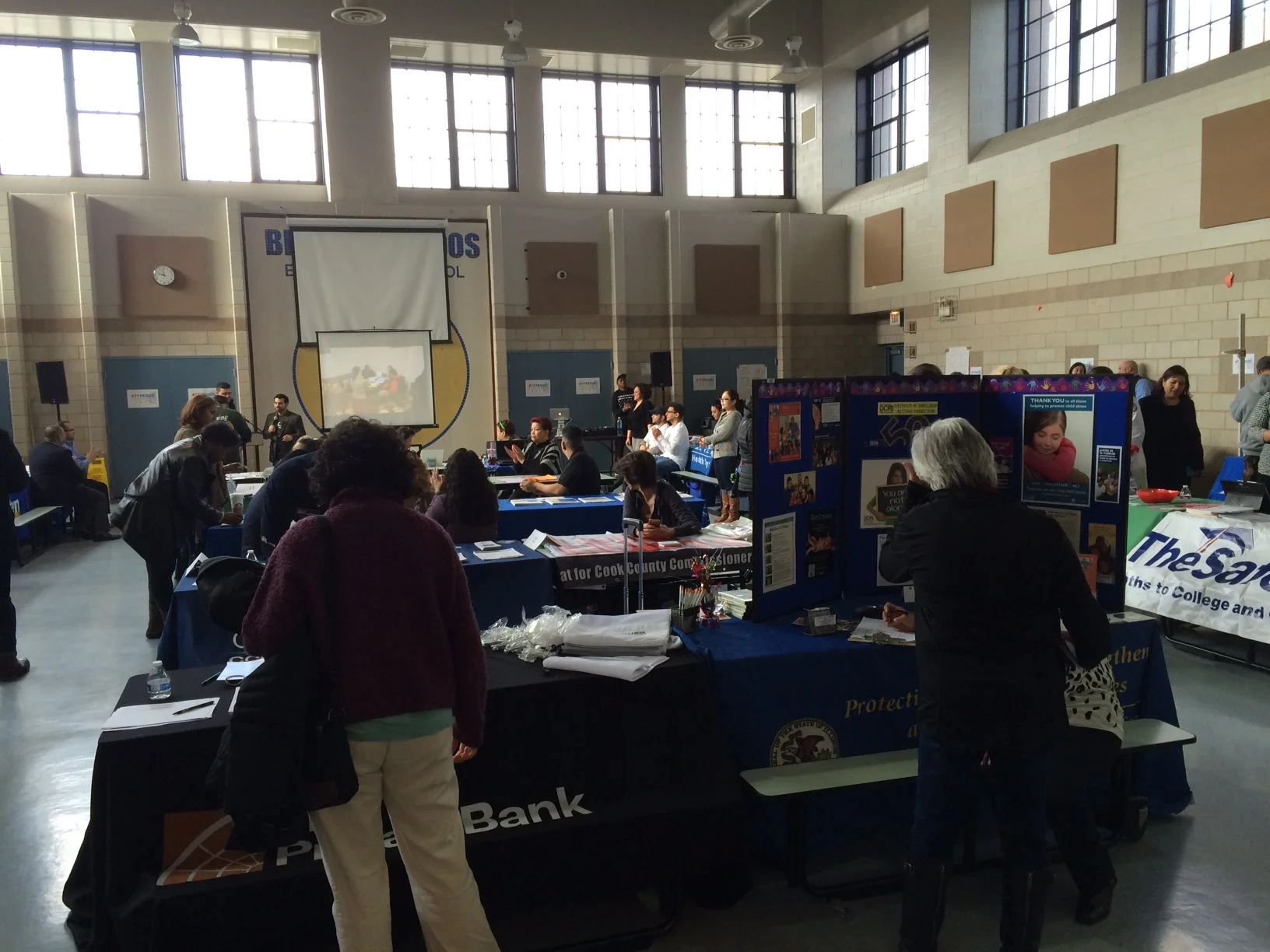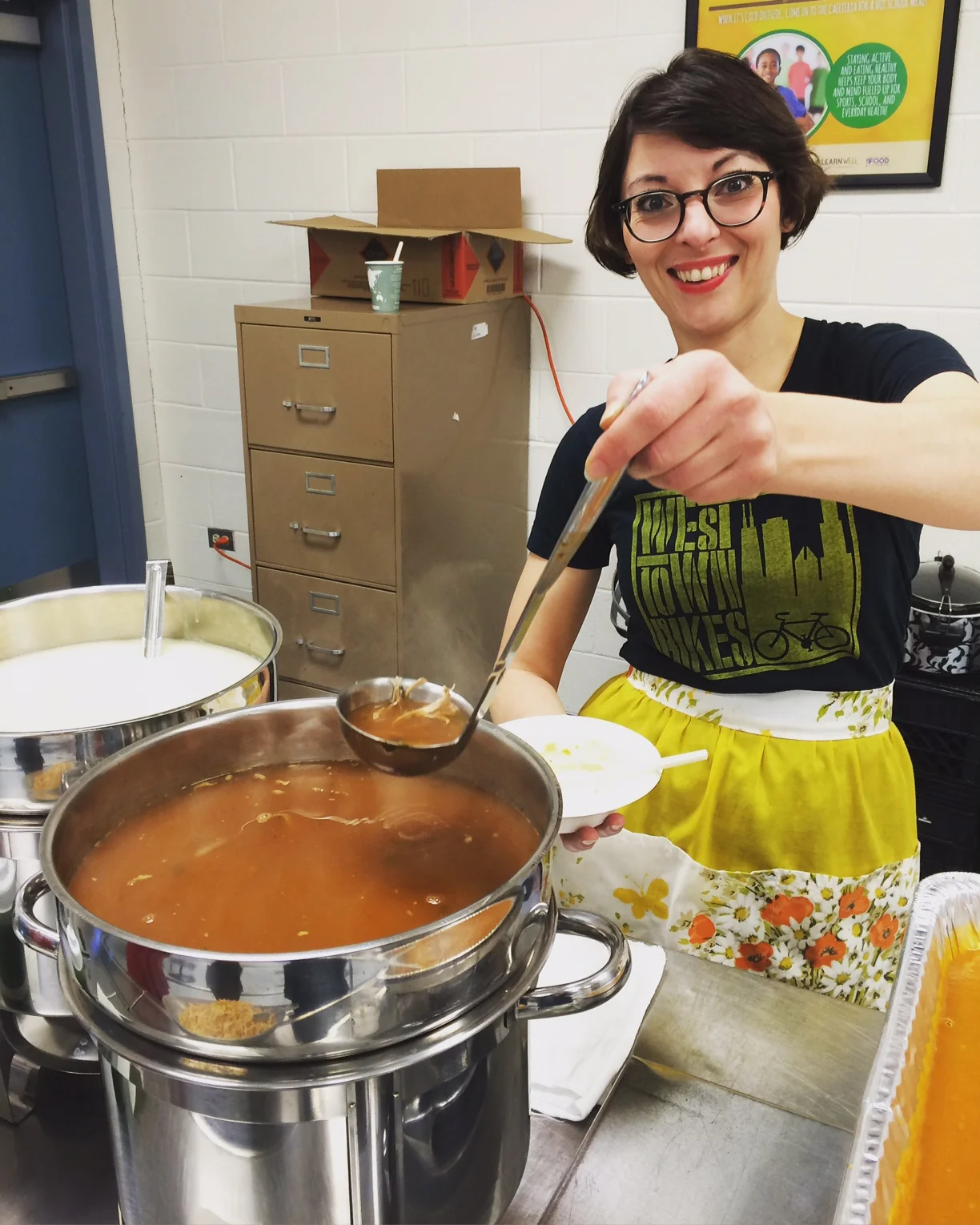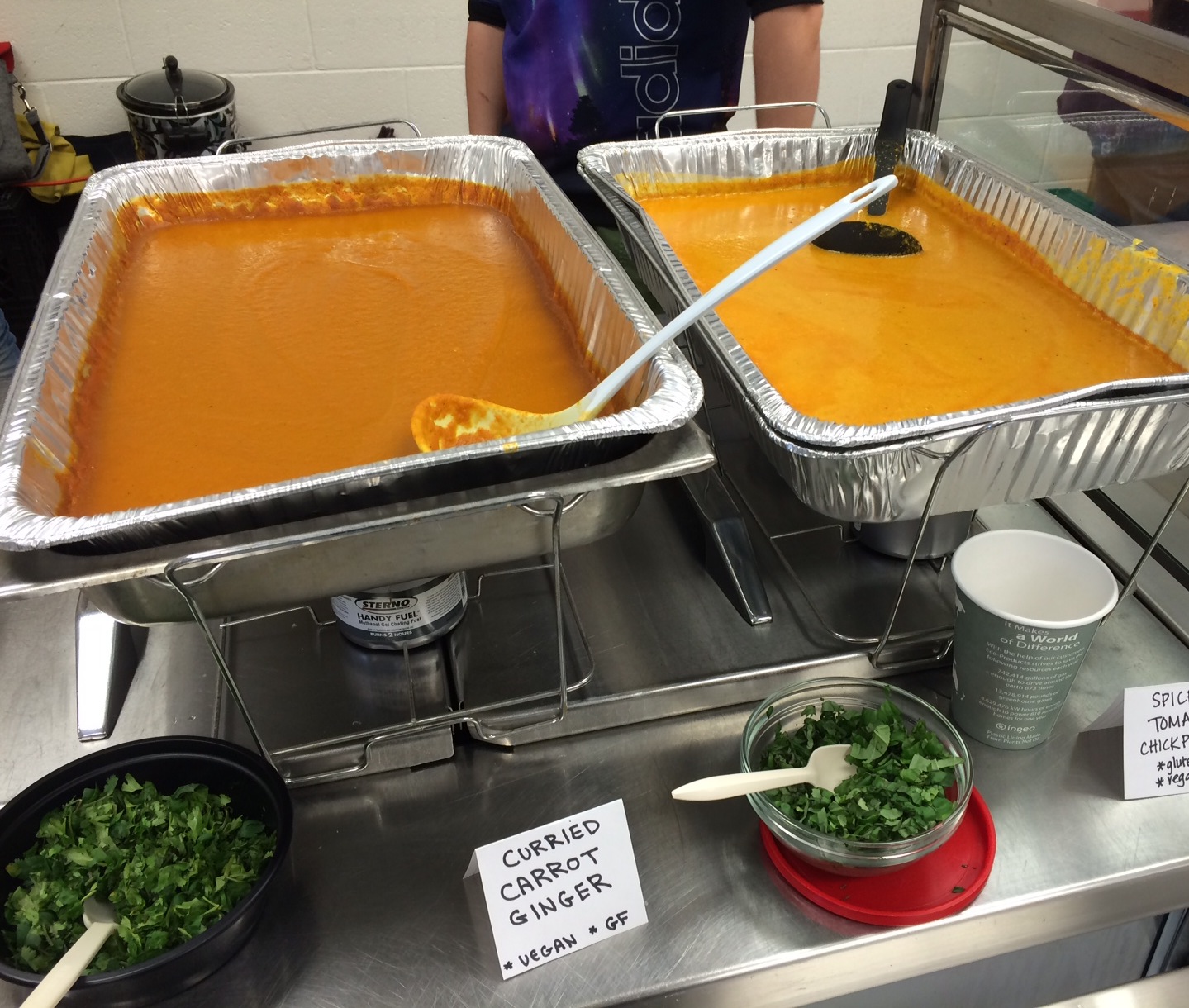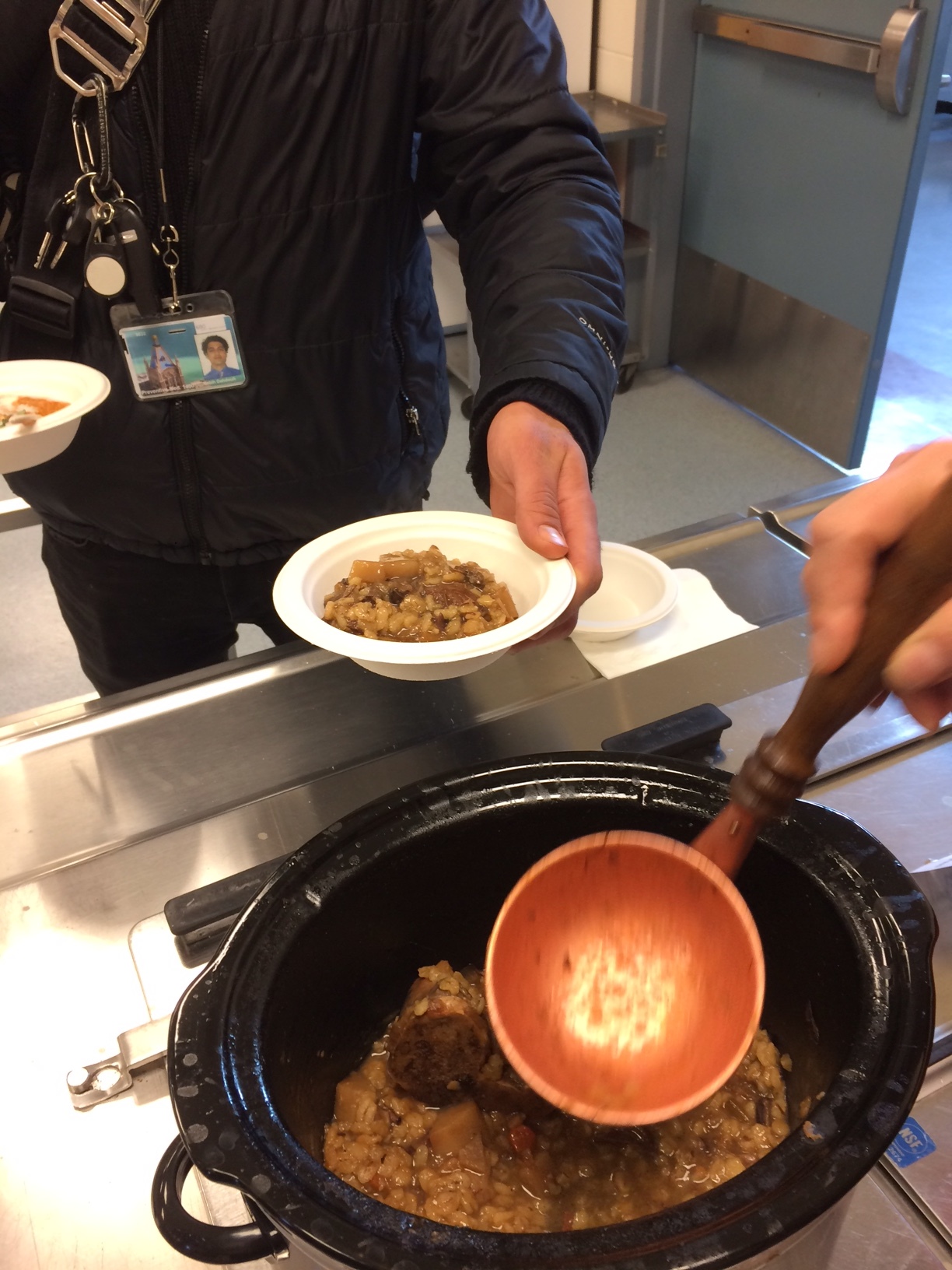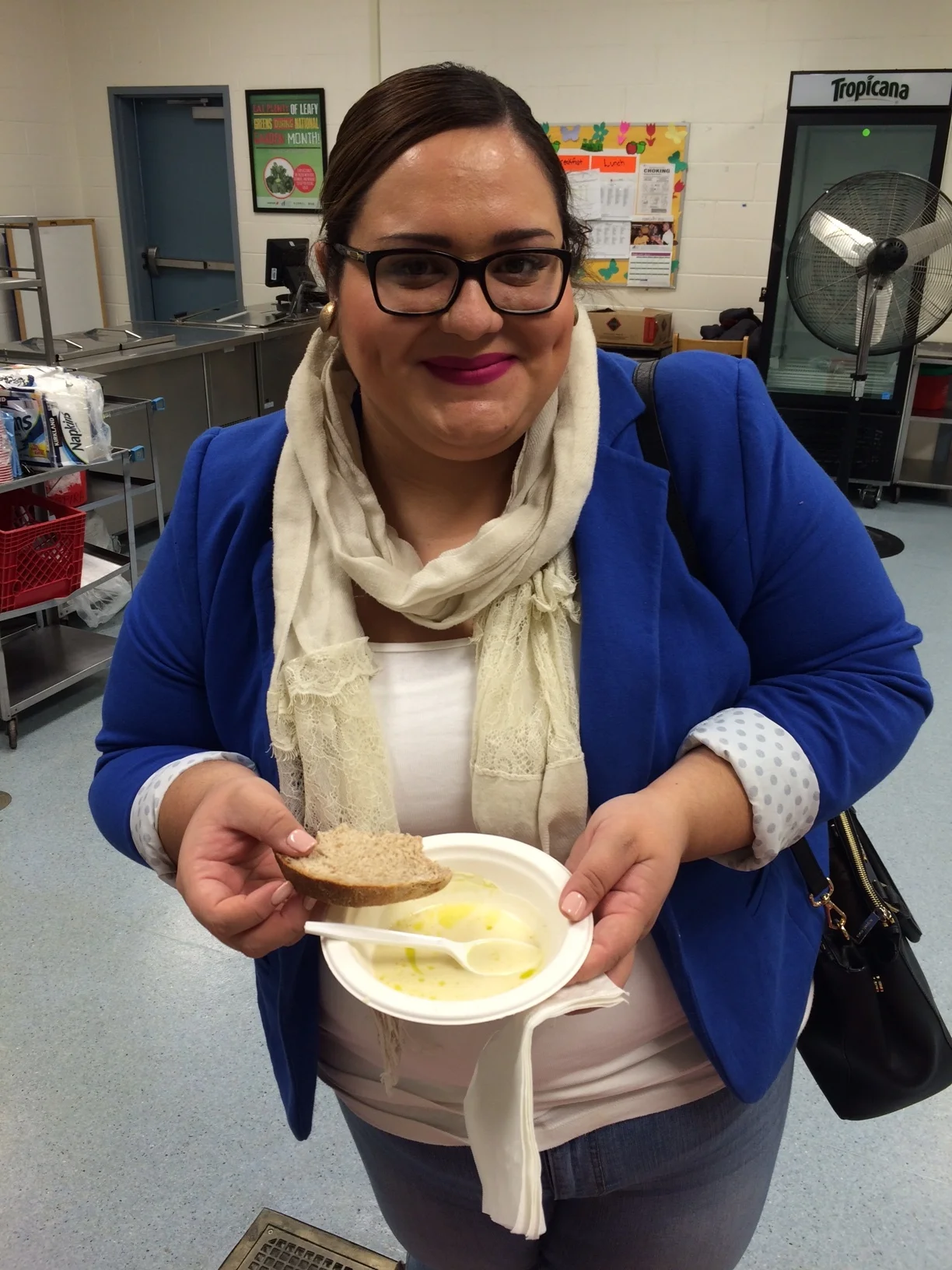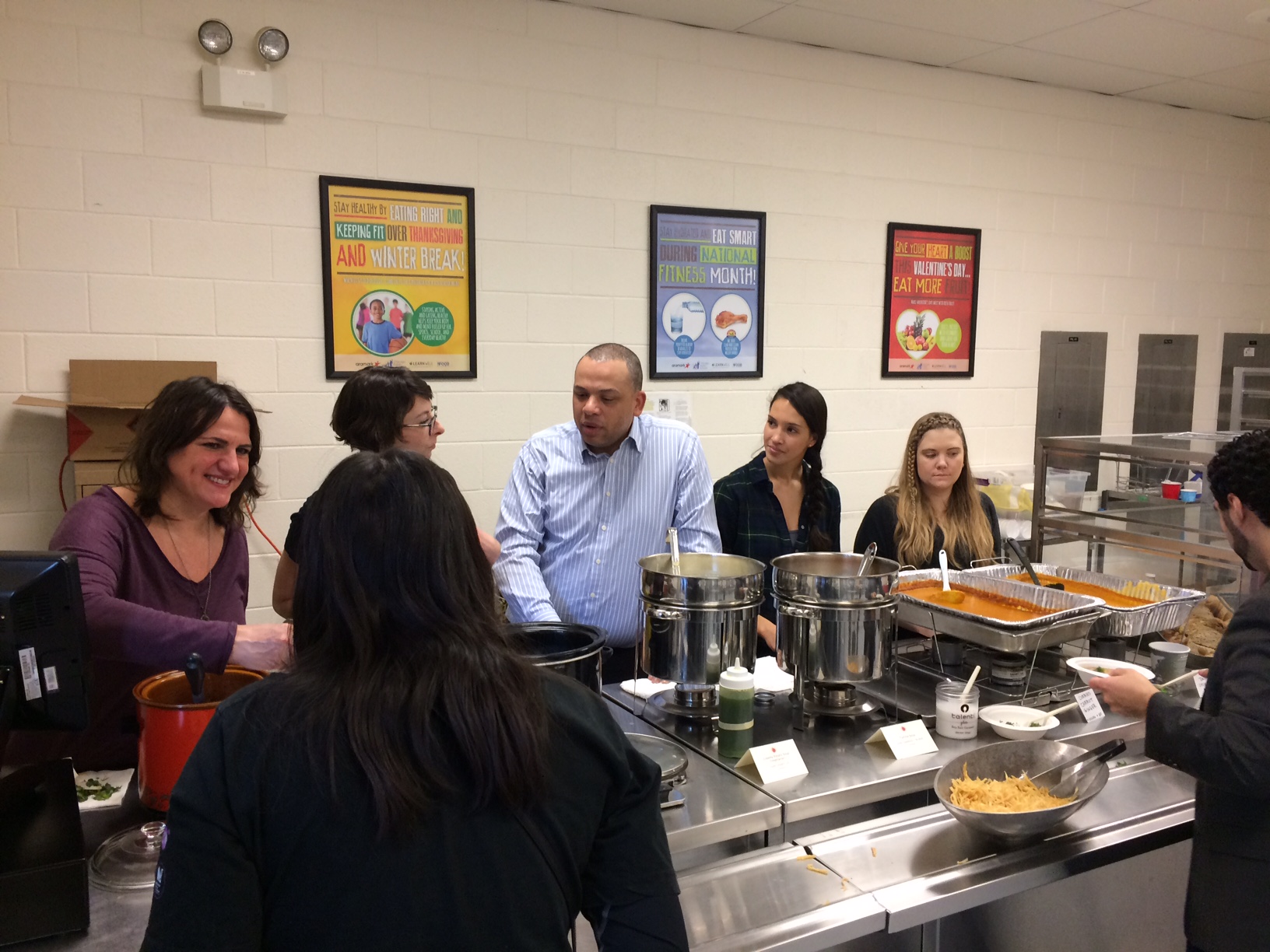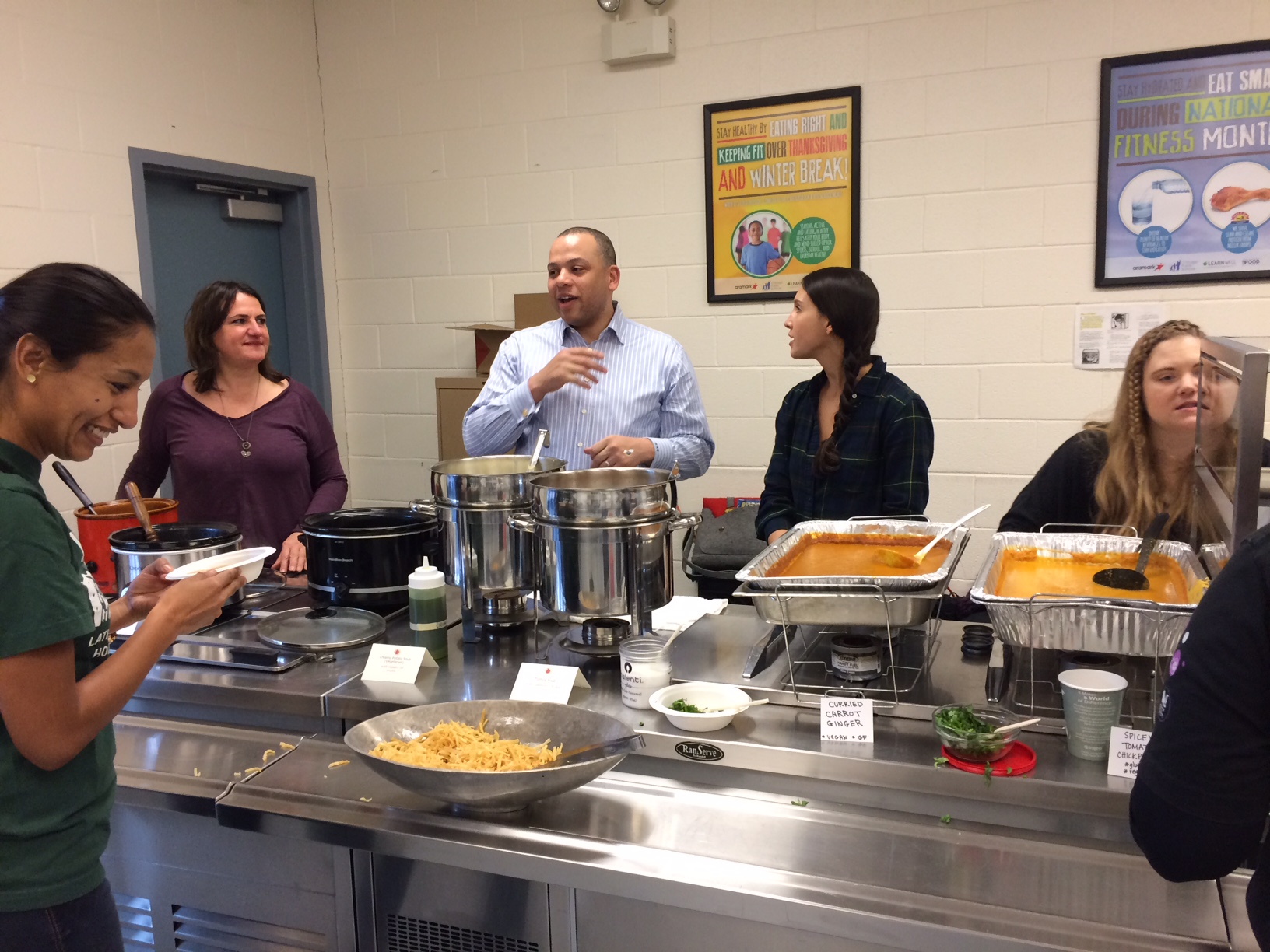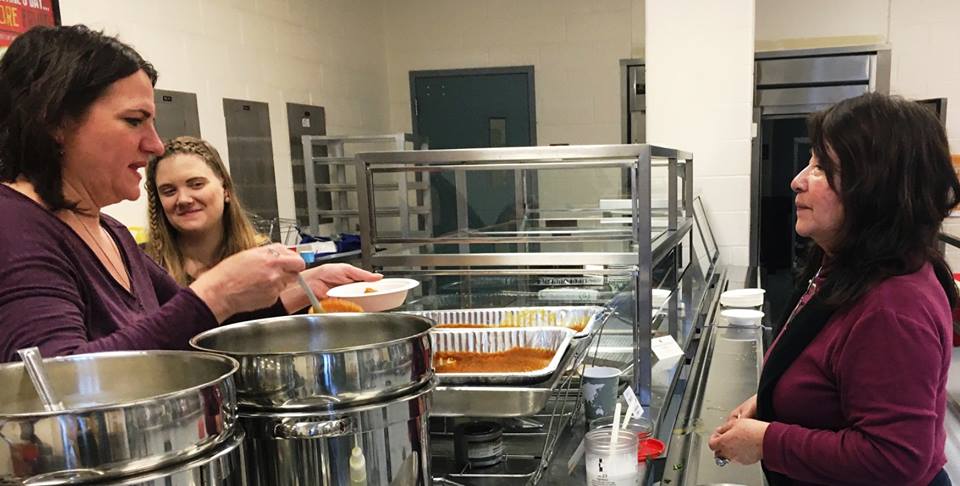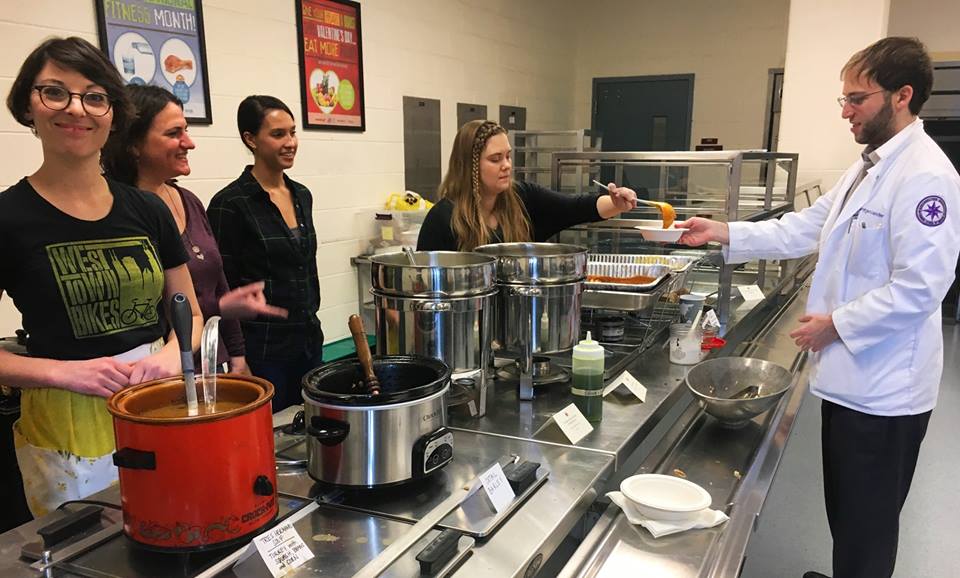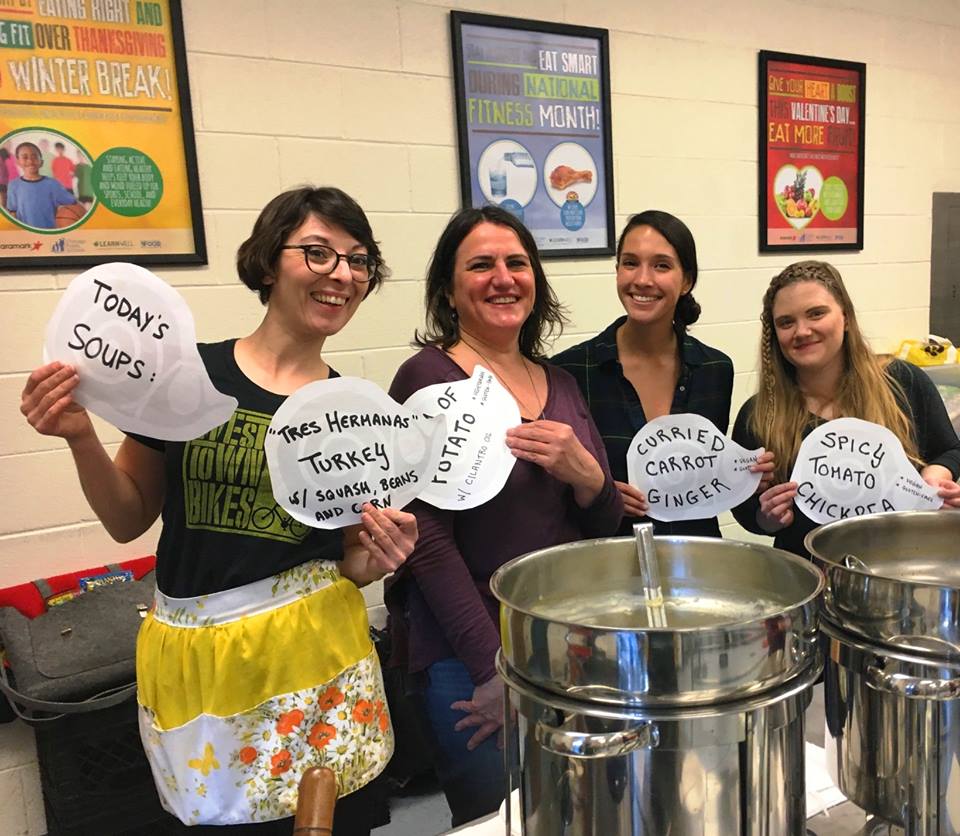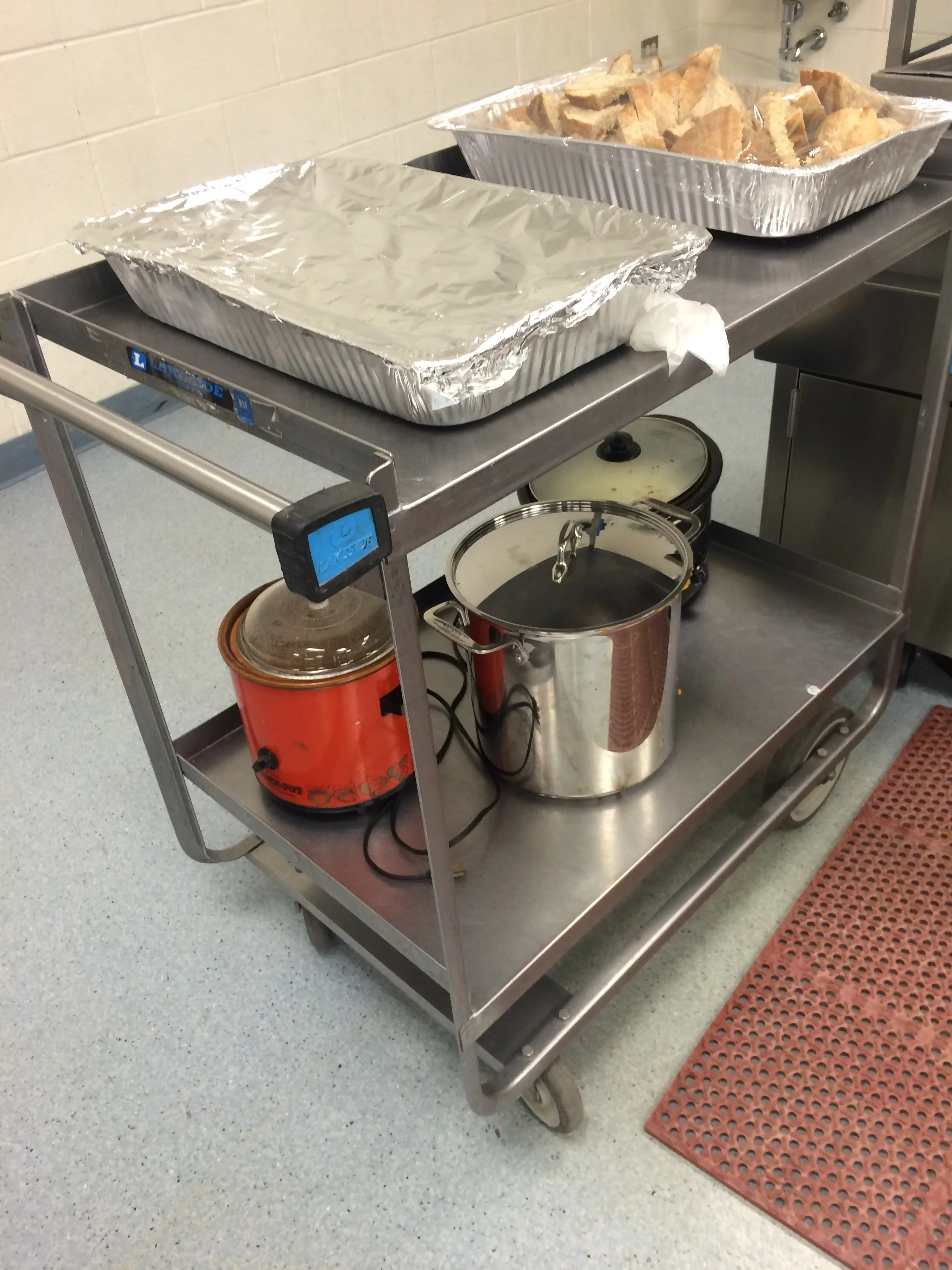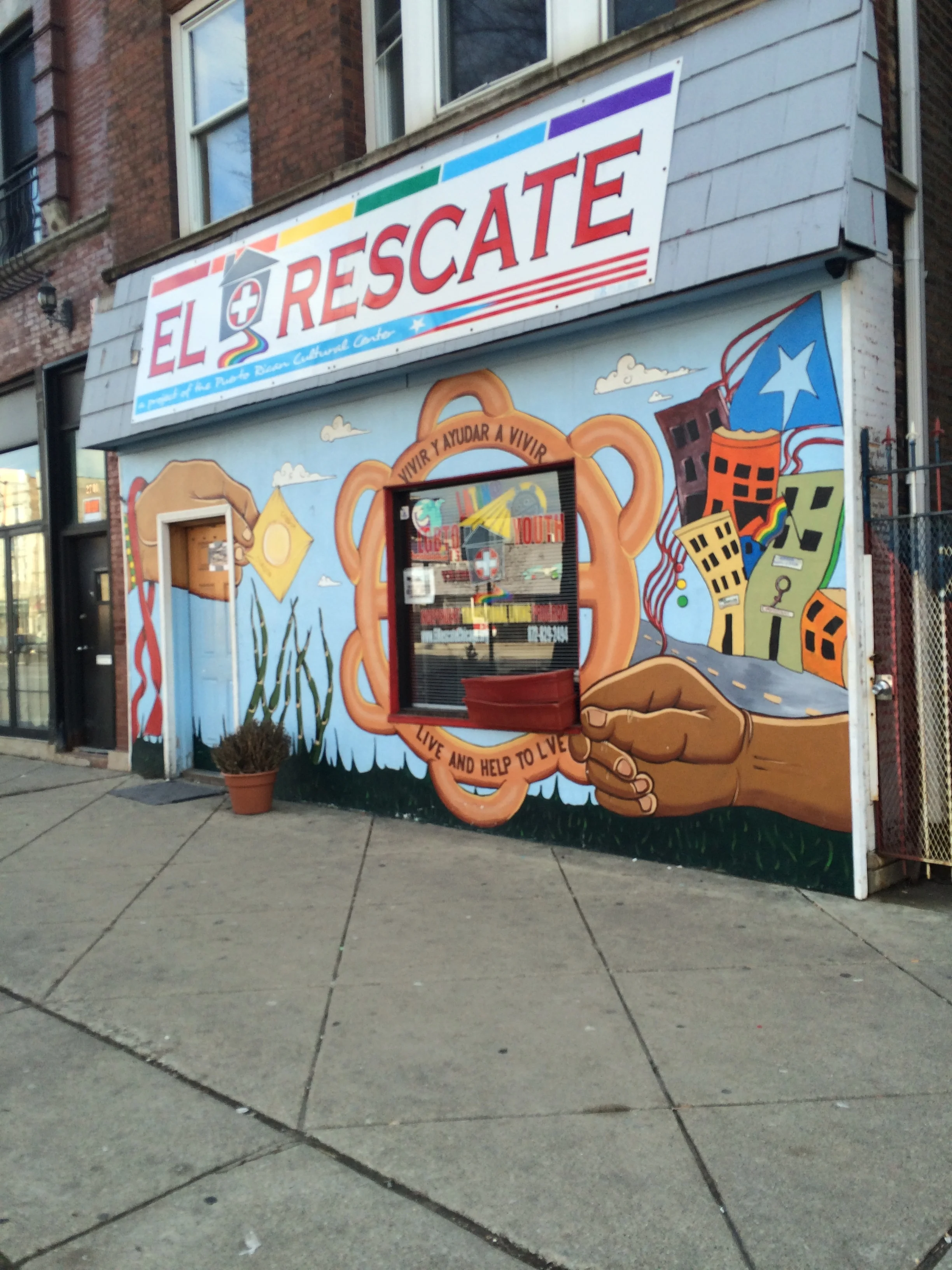Breanne Heath is the passionate one-woman show behind The Pie Patch, a slice of urban agriculture devoted to growing fruit and veg suitable for - you guessed it, pies. (Um, hello. I like pie. You like pie. Ok - we're all into it. Let's proceed.) Located in the Back of the Yards neighborhood, Breanne's pick-your-own farm was recently awarded organic certification. We got to chat with Breanne about this tremendous accomplishment, about her background as a garden and education manager, and a bit about how her farm works in tandem with the Slow Food mission.
Your farm is now USDA certified organic. (Congrats!!) For those who may be less familiar - what does that mean and what is MOSA?
MOSA (Midwest Organic Services Association) is a certified third party entity that did my inspection (it also performs the inspections for other certified organic farms in the region). All farms, businesses, and product that are USDA certified are done so by a third party (the USDA does not directly do inspections or the paperwork, but rather oversees the process and sets the standards).
Why did you decide to have your farm and your process be certified organic?
When I first opened the farm, I got a lot of questions from customers regarding my production methods. This is great because it's now common for people to question where their food comes from and how it was produced before deciding to consume it. However, responding to so many emails and phone calls was taking a lot of time. I'm hoping with the organic certification, I'll be able to spend more time farming and less time at my computer answering emails, since many people understand what certified organic means.
Going through the organic certification process has helped me think about much more than just growing without chemicals. The production and input records are not only essential for documenting information required by the agency, but are also a good guide for evaluating my production and how I can grow better. It has also given me much more respect for certified organic farmers. Unless I'm buying from a farm operator I know personally, I now buy things I can't get from them from certified organic farmers, because I know what they've gone through - the thoughtful process and documentation of certification.
What would you be doing right now on a typical workday?
I work full-time at Peterson Garden Project as the Garden and Education Manager, so that's usually where I am on a typical work day. I designed The Pie Patch to be a fairly self-sufficient farm: most of the crops are perennials or long-growing annuals, there's timers on the drip irrigation to keep everything watered, and being u-pick I'm not spending time harvesting, transporting, or selling at markets. I'm usually only there one weekday evening and one weekend day a week.
What’s the best part about your job? The hardest part?
Best: I've worked on this land since for five growing seasons, and know it really well. I feel more connected to what I'm doing knowing :
- when and where to look for swallowtail butterfly caterpillars
- where the bindweed tends to pop up and when
- where to find the hidden treasures of perennials and self-seeding annuals planted by gardeners long ago.
Hardest: Doing this alone. I didn't look for a business partner because I wasn't sure if I would succeed or exactly when I would have time to do everything and I didn't want to let anyone else down. But it also means that I'm weeding for hours at a time by myself.
What do you think should be up next for trendiest food item - kale’s successor?
Beans and Peas! Seriously, there are so many different varieties out there and we only ever see a fraction of them at the store, and even fewer at the farmers' market. I'd love to see fresh beans like favas, crowder peas, butter beans and lady peas taking over!
What wins - avocado toast vs. artichoke toast?
Pretty sure I need to have both side by side asap to have a better perspective on this.
What is your second favorite Chicago food related social media account to follow (aside from Slow Food Chicago of course)?
Three Plaid Farmers on Facebook. I've seen their farm grow and their incredible harvests improve in quality each year. Or @pyritesun on Instagram.
How does your work relate to the Slow Food objectives (good, clean, fair)?
Good - strawberries are grown in healthy, fertile SOIL. They have a particular terroir that is unmistakeable. I'm growing the same varieties in my rooftop garden, which has a different growing medium, and they aren't nearly as incredible.
Clean - even though certified organic means I can use some approved pesticides and fungicides, I haven't sprayed anything, and instead focus on keeping the soil as healthy as possible instead. The resulting healthy plants and giant earthworms speak to that!
Fair - pick-your-own helps me keep prices low - I don't have to factor in costs for marketing, harvesting, packaging or transporting. It also means that all of the food I grew in Back of the Yards gets sold in Back of the Yards.
